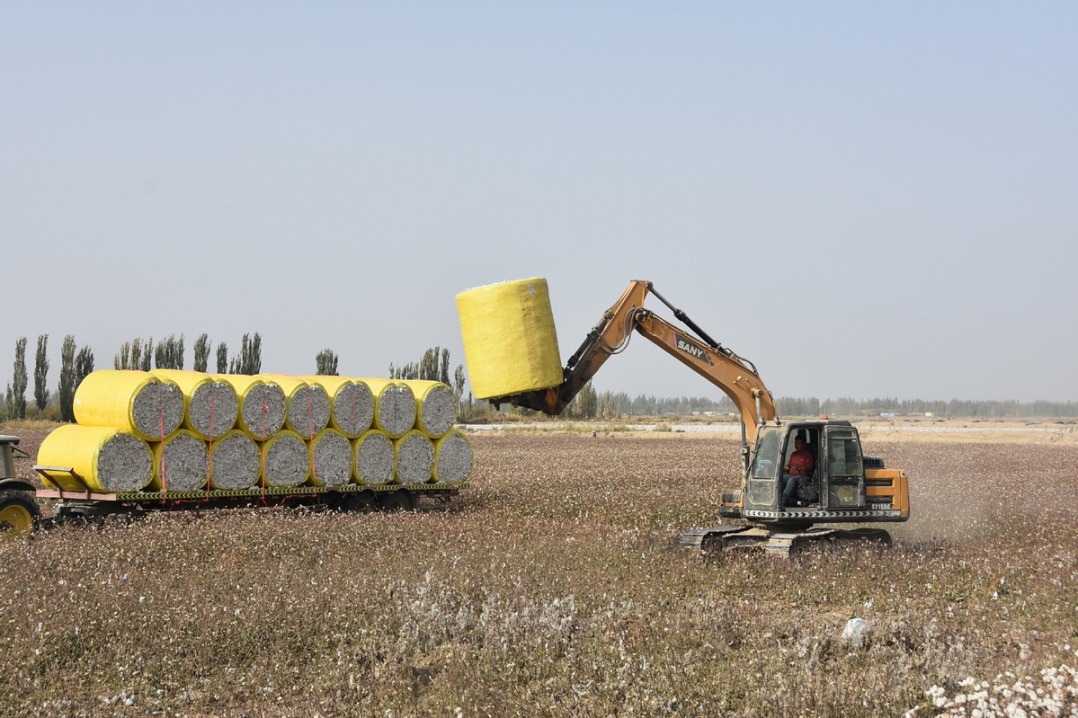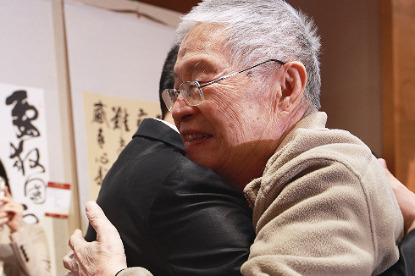Women bearing the brunt of pandemic

Phumzile Mlambo-Ngcuka, undersecretary-general of the UN and executive director of UN Women, said at the G20 summit in Riyadh, Saudi Arabia, last month that according to the latest estimates, by next year, an additional 47 million women and girls will have been pushed into extreme poverty as a result of the pandemic. A total of 435 million women and girls will be living on less than $1.90 a day and gender gaps caused by extreme poverty will widen further.
By 2030, there could be 121 women in poverty, for every 100 poor men globally. Those worst affected would be females 25 to 34 years old, ages when many are raising families, she said.
Moreover, unpaid care by women in families and communities has long been taken for granted, she said. In some countries, women perform 11 times more unpaid care than men. This "invisible" work contributes at least $10.8 trillion a year to the global economy, and societies and economies have depended on it.
"During the pandemic, with women continuing to bridge the gap as schools, childcare and other services are shut down or scaled back, they bear the brunt of lost or reduced paid work," Mlambo-Ngcuka added.
- Experts: Flu vaccine saves healthcare resources amid COVID-19 pandemic
- China CDC suggests key populations should be the first to take flu vaccines
- COVID-19 Prevention and Control Q&A for Pregnant Women
- No evidence for mother-to-child coronavirus transmission yet
- White paper - Fighting Covid-19: China in Action
- Chinese biotech firms unveil advanced human-centric genomic model
- China delivers 1st dual-fuel luxury Ro-Ro vessel GNV·VIRGO
- Nyingchi's breathtaking autumn charm
- Shijiazhuang's China-Europe freight trains surpass last year's total by October
- China's electricity consumption maintains steady growth in September
- Vapor swirls over water in spectacular weather phenomenon at Tianchi Lake





































